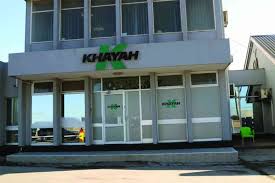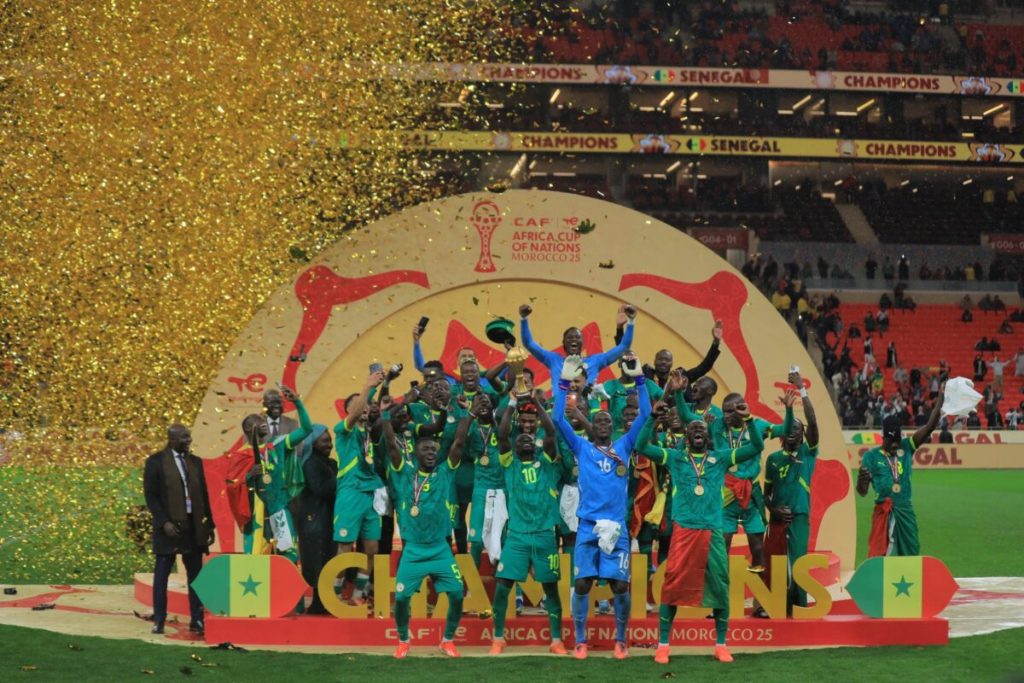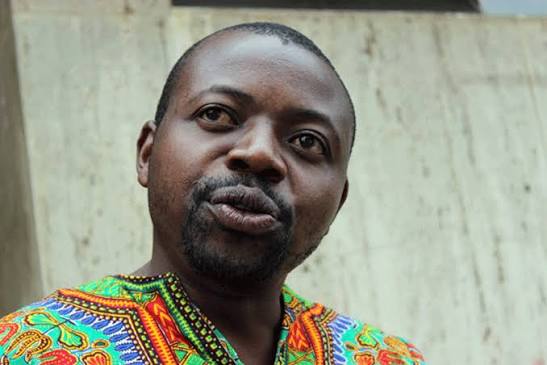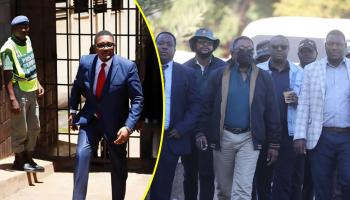By Business Correspondent
Harare – Creditors of Khayah Cement have approved a proposal to delist the company from the Zimbabwe Stock Exchange (ZSE), a move that sets the stage for the potential exit of majority shareholder Fossil Mining just three years after its acquisition of the country’s second-largest cement producer.
The delisting plan, presented by Bulisa Mbano of Grant Thornton—appointed as the Corporate Rescue Practitioner after Khayah Cement entered voluntary business rescue in 2023—was backed by creditors during a meeting on Monday. Mbano emphasized that taking the company private is a crucial step in its turnaround strategy, allowing Khayah to restructure operations away from the scrutiny of public markets.
Fossil Mining acquired Khayah Cement, then operating as Lafarge Zimbabwe, from global cement giant Holcim in 2022 for US$29.7 million, aiming to capitalize on robust domestic cement demand.
However, by 2024, the company faced severe financial distress, weighed down by inherited debt, deferred plant maintenance, operational inefficiencies, and the repercussions of U.S. sanctions on Fossil and its key shareholders.
One of the most pressing challenges was a US$11 million legacy debt from Holcim’s local operations, which strained Khayah’s financial position.
Mbano argued that operating as a private entity would provide Khayah with greater flexibility to negotiate with creditors, streamline costs, and implement operational restructuring more efficiently.
The delisting approval marks a pivotal moment in Khayah’s business rescue process, though questions remain about Fossil Mining’s long-term commitment.
Analysts suggest the move could signal Fossil’s intent to exit its investment, either through a strategic sale or a gradual withdrawal once the company stabilizes.
Market observers will now watch for further developments, including potential asset sales, creditor settlements, and whether Khayah can regain its footing in Zimbabwe’s competitive cement sector.
“This agility is crucial for executing time-sensitive actions, such as cost-cutting initiatives or operational realignments, which are pivotal to the company’s rehabilitation,” Mbano said in his April proposal.
Khayah’s assets include a running Vertical Cement Mill with an installed capacity of 700,000 tonnes per annum, and two mothballed ball mills (Cement Mill 1 and 2) with a combined annual capacity of 450,000 tonnes.
Its kiln — with a clinker capacity of 26,000 tonnes per month — was already three years overdue for major maintenance when Fossil assumed control.



